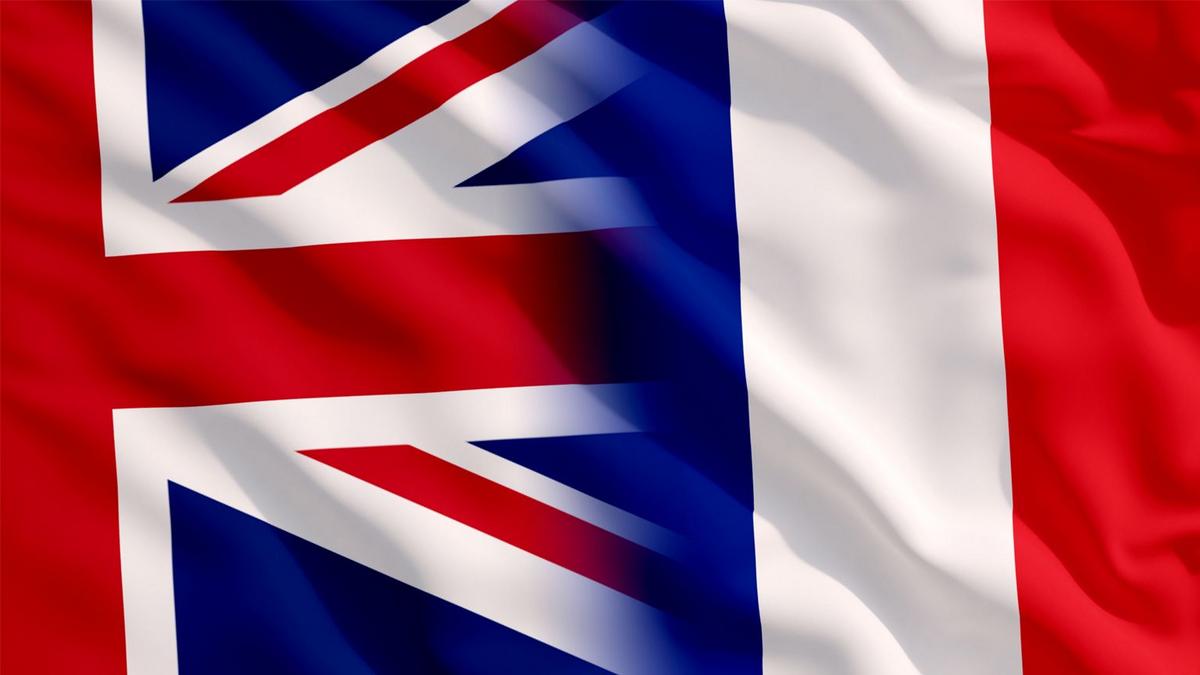Our vision on … • Analyses & Studies • Communication - Press • Also
UK–France Summit 2025: Turning Dialogue into Delivery

By Cecilia Pennetier, External Relations & Policy Officer, French Chamber of Commerce in Great Britain
From 8–10 July, President Emmanuel Macron and Prime Minister Keir Starmer met in London for the 2025 UK–France Summit, a highly anticipated event that marked a notable deepening of Franco-British cooperation following the reopening of diplomatic channels in 2023.
Unlike the previous Summit, which was largely symbolic, the 2025 edition delivered a series of tangible outcomes across industrial strategy, defence, mobility, and clean energy. It also demonstrated a maturing trust between the two governments and a shared commitment to long-term coordination in key strategic sectors. At a time of geopolitical flux and economic fragility, the Summit’s results were pragmatic and forward-looking – evidence that bilateral diplomacy is moving beyond reset mode.
Below is the French Chamber’s analysis of what the Summit achieved, and how our business community’s voice was reflected in its outcomes.
1. Defence: Lancaster House 2.0 and Shared Security
A major outcome of the Summit was the release of the Lancaster House 2.0 Declaration, which reaffirms and modernises bilateral defence cooperation. The declaration outlines practical mechanisms to strengthen interoperability between UK and French forces, including joint training programmes, increased industrial collaboration in aerospace and naval technologies, and closer coordination on digital and cyber defence systems.
This builds directly on the institutional cooperation between the UK’s Ministry of Defence and France’s Direction générale de l’armement (DGA), signalling a more integrated approach to defence procurement and operational planning. In light of the Ukraine conflict and shifting global alliances, this agreement provides a solid framework for long-term military and industrial alignment.
2. Migration: A Framework for Returns
In a move that would have seemed unlikely just a year ago, both governments announced a pilot mechanism for managed returns of migrants crossing the Channel. While politically sensitive, the agreement marks the first formal bilateral cooperation on migration post-Brexit and reflects renewed diplomatic trust.
The details of the mechanism remain under development, and implementation will be closely watched. Nonetheless, the agreement represents a notable shift from unilateral enforcement to coordinated management.
3. Industrial Strategy: A New Bilateral Framework
One of the most significant developments for the business community was the launch of a Joint Industrial Strategy Partnership. This initiative will establish an institutional framework for aligning UK and French industrial priorities, particularly in strategic sectors such as aerospace, advanced manufacturing, clean tech, and digital infrastructure.
The French Chamber was proud to contribute to this initiative. In the run-up to the Summit, we participated in a roundtable at the British Embassy in Paris alongside fellow members of the UK–France Business Forum to share the business community’s priorities. Our collective recommendations included:
The need to better coordinate industrial strategies and innovation policy;
The value of fostering talent mobility and workforce planning across borders;
And the importance of ensuring public policy frameworks enable private sector leadership in delivering on national goals.
These priorities were reflected in the Summit outcomes, a clear signal that business voices are being heard at the highest levels.
4. Energy and Climate: Clean Tech Focus
Building on previous agreements, the two leaders endorsed a new bilateral clean energy dialogue, designed to facilitate long-term cooperation on electricity market resilience and decarbonisation pathways. While no new projects were announced, this institutional dialogue will provide a stable platform for industry and government to align on grid modernisation, hydrogen development, and low-carbon investments.
5. Technology and AI: Mutual Understanding, Not Convergence
While the UK and France continue to pursue distinct regulatory approaches to artificial intelligence, the Summit established a new bilateral taskforce on AI policy, digital infrastructure, and skills. This represents a pragmatic approach: not attempting regulatory convergence, but ensuring coordination where possible, particularly in research, standards, and infrastructure (e.g. data centres).
The announcement follows sustained business advocacy, including through the Chamber’s policy work on AI adoption and governance, for more strategic clarity and cooperation between the two countries in the digital economy.
Conclusion
In conclusion, the 2025 UK–France Summit, while not producing unexpected "grand bargains," successfully advanced concrete cooperation across crucial domains and moved beyond symbolic reset. It delivered credible outcomes, especially on industrial strategy, defence, and talent, and laid foundations for deeper cooperation in energy, AI, and migration.
For the business community, the opportunity now lies in engaging with these frameworks, ensuring that they translate into investment, innovation, and jobs. The French Chamber remains committed to supporting this agenda and to representing Franco-British business at the highest level.
As the bilateral relationship continues to evolve, the test will not be in declarations, but in delivery. On that front, the 2025 Summit has made meaningful progress.
For members looking to stay ahead of these changes, we encourage active participation in the Chamber’s sector-focused working groups, engagement in policy discussions, and collaboration on strategic trade and investment initiatives.
Get Involved! For more information or to participate in our advocacy efforts, contact at